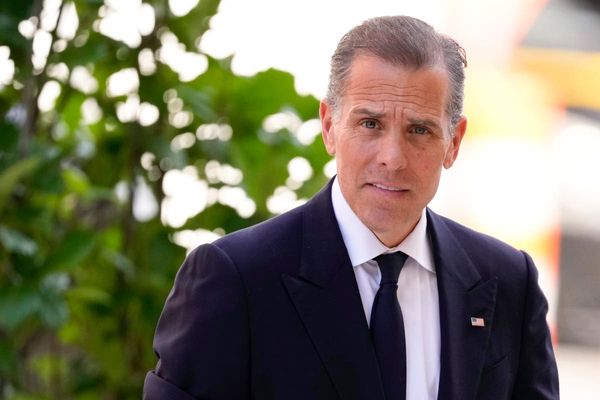
I remember the first time I heard the 1.5C target. It was in a room at the Copenhagen climate talks in 2009. With the expectation of a binding agreement slipping away and negotiations failing, some of us activists joined delegates from vulnerable African and island nations in chanting “1.5 to stay alive”. It was a frank recognition that the 2C goal the climate diplomats were endlessly talking about – though not pursuing – was insufficient to deal with the increasingly clear realities of climate science.
Since then, three things have happened.
One, the global community more or less pledged to aim for that 1.5C target, in the preamble to the 2015 Paris climate accords. It was largely an effort to appease the small island states, added at the last minute. At the time, it wasn’t clear what a big impact it would have.
Two, quite to the surprise of the negotiators who stuck it in, it became the central result of the Paris talks. This new target made the crisis seem almost as urgent as it really is: instead of talking about 2050, scientists made it clear we’d have to cut emissions in half by 2030 to have a chance of meeting the new goal. All of a sudden companies and countries were being forced to at least articulate 1.5-compliant goals: nothing has turned up the dial on climate action like this number.
Three, despite the increased pressure, and a target that was widely communicated and understood, we didn’t act fast enough. The pandemic came at just the wrong moment, knocking the climate movement out of the streets and giving the fossil-fuel industry time to recover its footing; leadership of critical states during what you could call the Trump, Putin, Bolsonaro and Modi years killed some of the Paris momentum; and only now are we beginning to install solar, wind and batteries at anything like the required pace.
So now we’ve gone past the 1.5C mark for at least a year, and as the recent Guardian survey of climate scientists makes clear, almost none of them think we will stay below that number long term.
All of which is to say, the target was very useful, and at the same time we’re not going to meet it. But the odds have always been we wouldn’t; striving to do so was like trying to slam on the brakes. We didn’t mash the pedal fast enough, and so we’re going to have an accident – indeed, we are having them all the time in the form of increasing climate-fuelled disasters. But thanks to the goal those activists set, we at least reduced our speed somewhat.
How bad things will get depends on the actions not of scientists, but on those who control our governments and economies, and on those of us who can push them. The researchers in the Guardian survey were mostly bleak: we’re likely to end up at 3C, many of them said. But it’s important to read their words carefully. For instance, Ruth Cerezo-Mota, a Mexican climate modeller, said: “I think 3C is being hopeful and conservative. 1.5C is already bad, but I don’t think there is any way we are going to stick to that. There is not any clear sign from any government that we are actually going to stay under 1.5C.”
Her prediction rests not on climate science but on political science. She is entirely correct that governments are not making the right moves yet, and there’s good reason to fear they won’t. But of course that’s not inevitable – unlike physics, politics is at least theoretically malleable. If scientists could control the outcome, we’d be fine, but they probably aren’t the best people to ask about what’s going to happen politically: that’s like polling dietitians to find out how much I’ll weigh in a decade.
Truth be told, the chances of politicians acting swiftly are probably better than they have been in the past. Not because of new scientific findings, but because solar, wind and batteries have become so cheap so fast that the amount of pain involved in the transition to clean energy is far less than it would have been a decade ago. We could actually do this.
The remaining political pain is what politicians would suffer from standing up to an increasingly desperate fossil-fuel industry – the CEOs, say, who met with Donald Trump last month, to plot how they might together take down Joe Biden. So the job of activists is to make sure that there’s at least as much pain for politicians if they take that route – and real reward if they do the right thing.
The precise number we’re aiming for matters less at this point than the time frame: what 1.5C taught the policymakers was that they can’t do their usual dithering. This is an emergency – and the sense of emergency hasn’t faded with the passing of a target.
The news from the atmosphere and the ocean is very, very grim. The news from the engineers is promising. We don’t yet know how it will play out, just that we still have some power to decide. But only – and this is the most important message the scientists have to offer – if we act with great speed. If we don’t, the deal is done.
Bill McKibben is the founder of Third Act, which organizes people over 60 for action on climate and democracy







